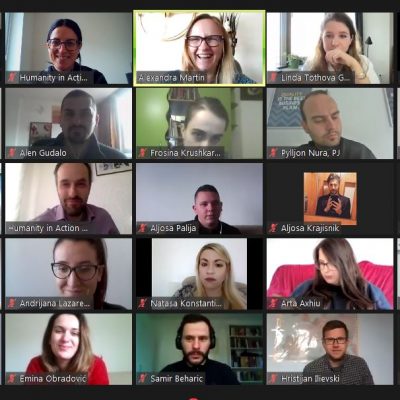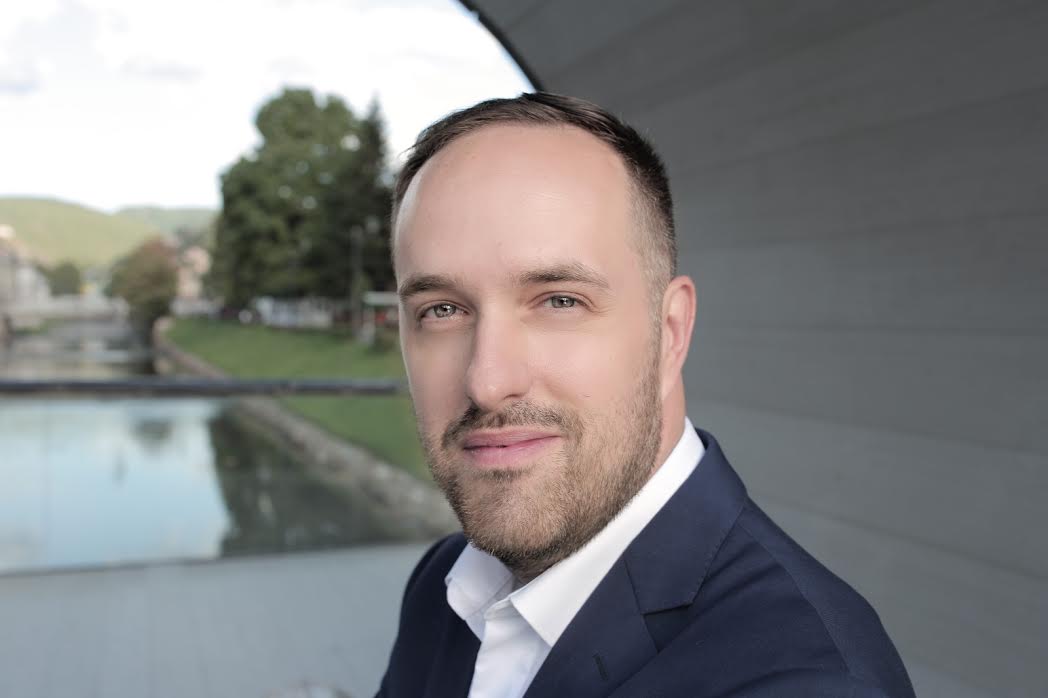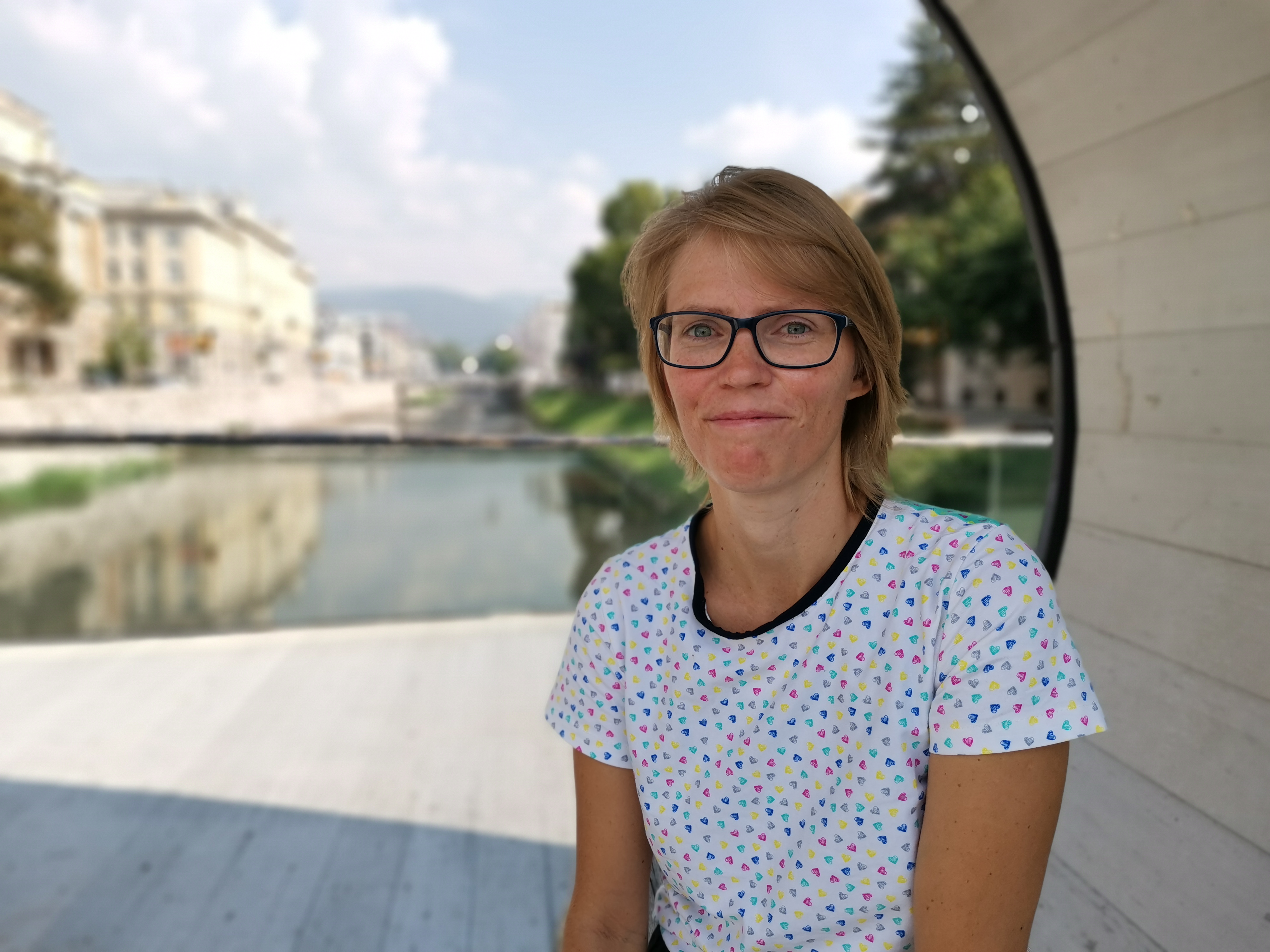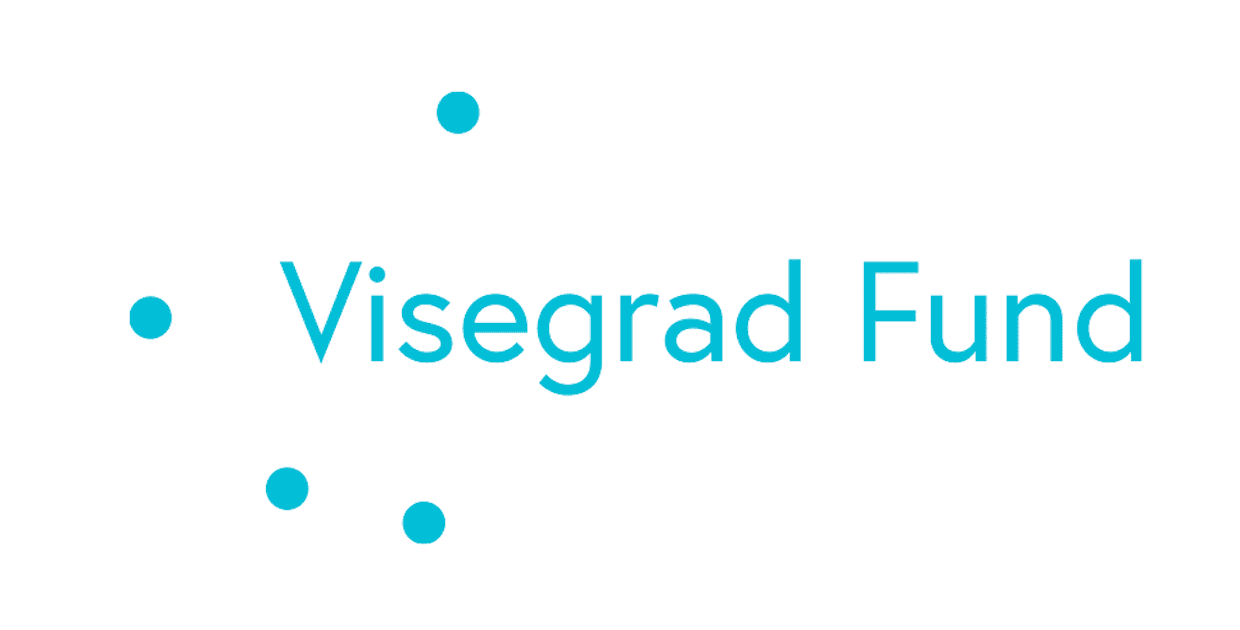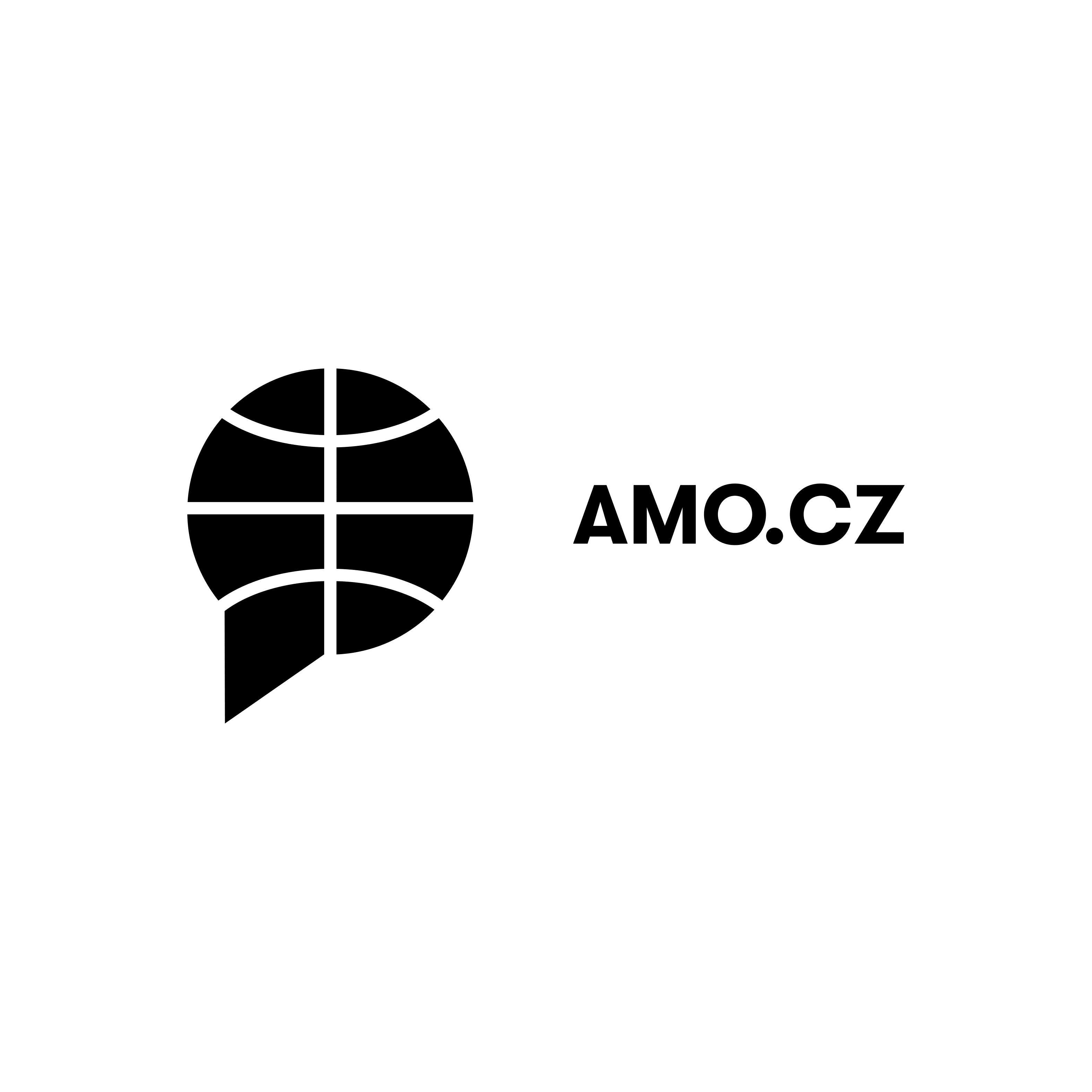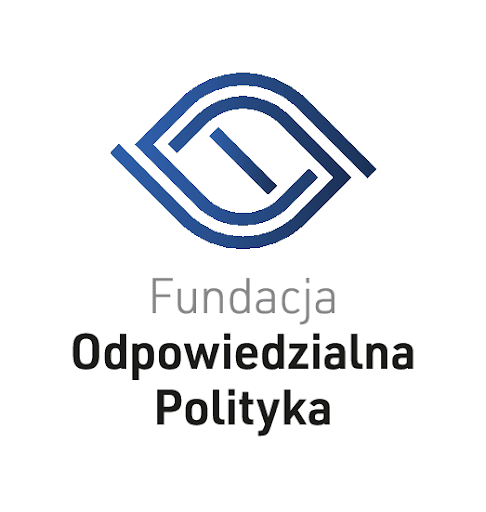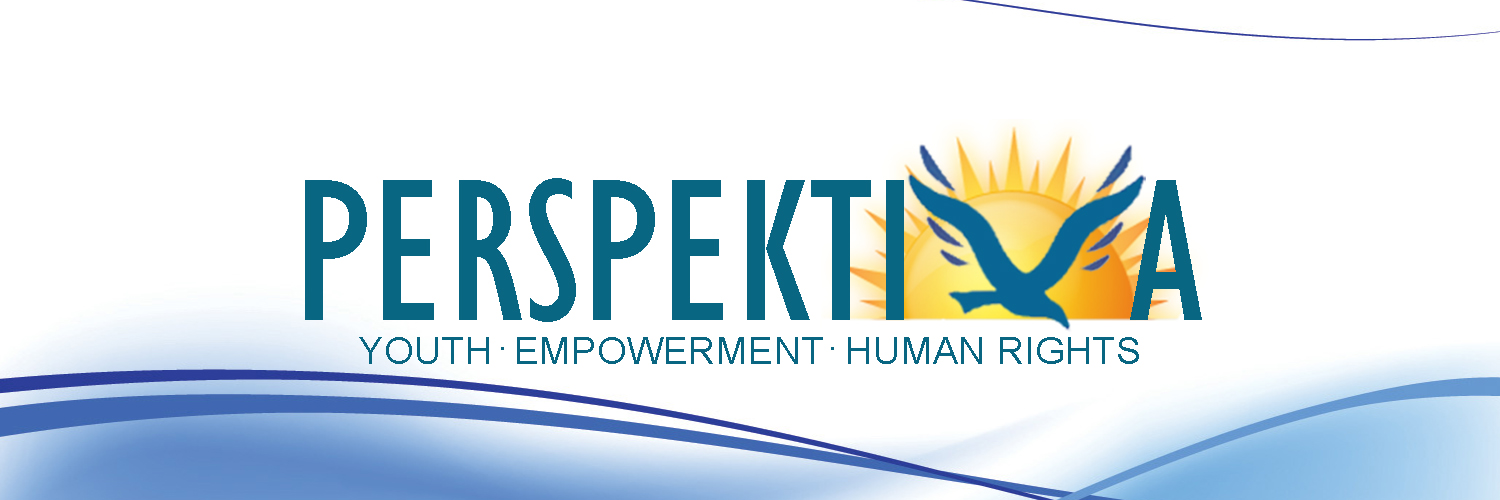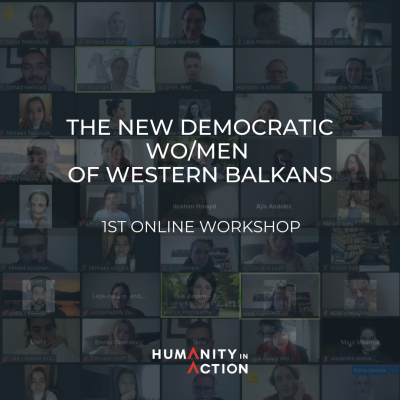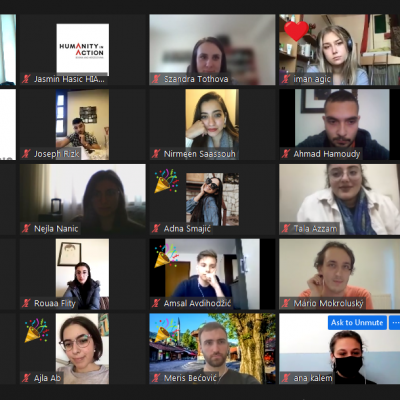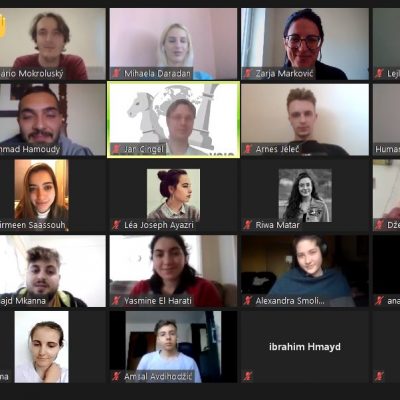Details
Article
The focus of the 3-day long online training session was democracy and the rule of law and their importance in the reconciliation process, media literacy, and anti-corruption. The program combined training and workshops, discussions with opinion-makers, and team-building activities. The aim of the session was to develop the skills and knowledge of 30 young professionals through the transfer of experience of project team members, experts, and local partners so that they can actively support the democratization and reconciliation efforts within their communities.
Day 1
After welcoming remarks and “Get to know your peers” our participants from the Western Balkans countries joined the session ‘Stronger Together: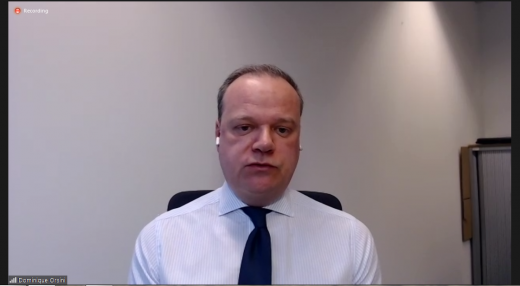 Overview of the Western Balkans’ with Mr Dominique Orsini, Political Advisor to the EU Special Representative for Belgrade-Pristina Dialogue and other Western Balkan regional issues, European External Action Service. The region of the Western Balkans is currently finding itself at a crossroads which will inevitably set the countries on a path towards a change. The young generation has a unique opportunity to determine what this change shall entail.
Overview of the Western Balkans’ with Mr Dominique Orsini, Political Advisor to the EU Special Representative for Belgrade-Pristina Dialogue and other Western Balkan regional issues, European External Action Service. The region of the Western Balkans is currently finding itself at a crossroads which will inevitably set the countries on a path towards a change. The young generation has a unique opportunity to determine what this change shall entail.
Next session ‘What can you do for democracy? Participatory Democracy and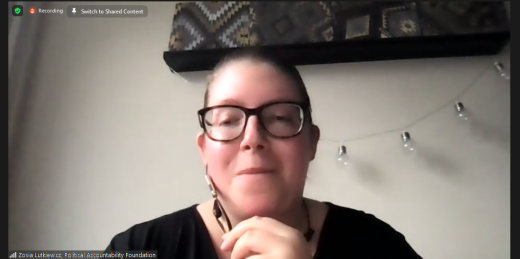 the role of active citizens’ was led by Zosia Lutkiewicz, Vice President and Robert Lech, Elections Expert, Political Accountability Foundation
the role of active citizens’ was led by Zosia Lutkiewicz, Vice President and Robert Lech, Elections Expert, Political Accountability Foundation
Third session on ‘Corruption and Rule of Law – Advocacy Tools to Combat Corruption: Case Studies from Hungary’ was led by Dr. Bálint Mikola, Project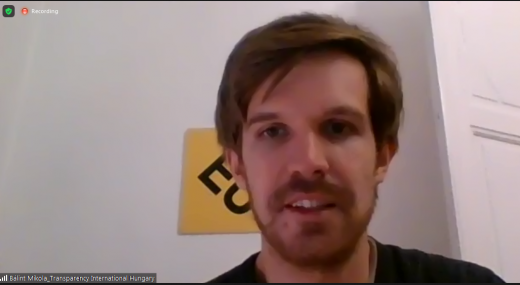 Manager at Transparency International (TI) Hungary.
Manager at Transparency International (TI) Hungary.
Day 2
Second day of the training started off with session ‘Regional Perspectives and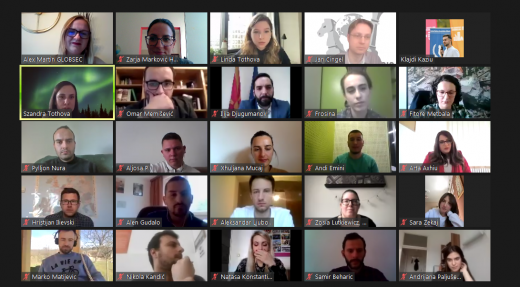 International Influence’ led by Dr. Miruna Troncota, Lecturer in International Relations, National School for Political Studies and Administration, Romania.
International Influence’ led by Dr. Miruna Troncota, Lecturer in International Relations, National School for Political Studies and Administration, Romania.
Next session ‘Information influence: understanding and countering the means and impact of manipulation’ was led by Katarína Klingová, Senior Research Fellow and Dominika Hajdu, Research Fellow, of the Democracy and Resilience Programme, GLOBSEC Policy Institute
Pavel Havlíček, Research Fellow, and Tomáš Jungwirth, Project Coordinator and Research Fellow of the Association for International Affairs (AMO)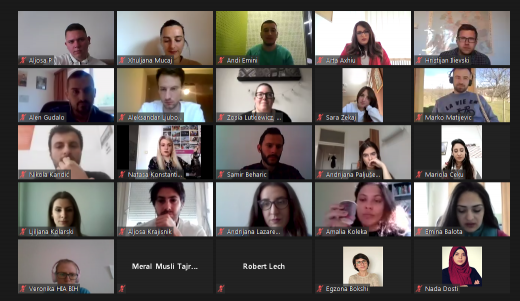 led the session ‘Digital & Green Transition: Risks and Opportunities’ before a very fun Happy Hour activity where our participants gotten to know each other more and participated in the Virtual “Pub” Quiz.
led the session ‘Digital & Green Transition: Risks and Opportunities’ before a very fun Happy Hour activity where our participants gotten to know each other more and participated in the Virtual “Pub” Quiz.
Day 3
Final day of the training started with a session ‘Inter-religious and Inter-cultural dialogue’ led by Oana Nestian Sandu, Director International Program, The Olga Lengyel Institute for Holocaust Studies and Human Rights
Humanity in Action BiH Executive Director Dr Jasmin Hasić held a session on the topic of engaging youth in activism. The session included a practical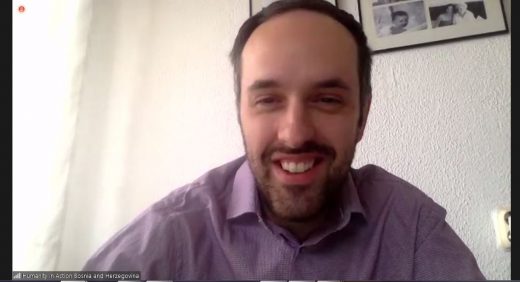 and engaging exercise for our 30 participants to develop a petition or a policy within the European Citizens Initiative directed at European Commission that concerns the improvement of life of youth of the Western Balkans. Participants worked in three group to develop their idea, their strategy and a 2-minute pitch of their project idea to a celebrity donor. The session was concluded with Jasmin’s remarks on the exercise success and rounded up with a reflection on motivating factors every young person should foster to truly be an activist.
and engaging exercise for our 30 participants to develop a petition or a policy within the European Citizens Initiative directed at European Commission that concerns the improvement of life of youth of the Western Balkans. Participants worked in three group to develop their idea, their strategy and a 2-minute pitch of their project idea to a celebrity donor. The session was concluded with Jasmin’s remarks on the exercise success and rounded up with a reflection on motivating factors every young person should foster to truly be an activist.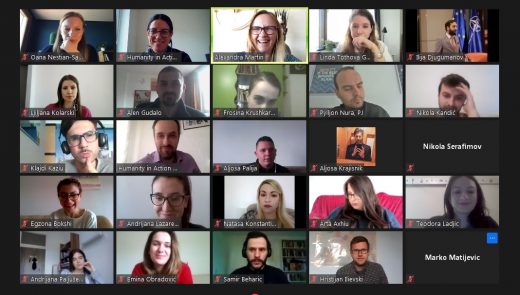
Next session ‘Peacebuilding (Building peace; piece by piece)’ was led by Luis Bekteshi, President Youth Center Perspektiva, which was followed by the ‘Presentation of Policy Working Groups and Methodology’ led by Jan Cingel, GLOBSEC Project Partner
Before the Closing Session: Challenges to the Region Moving Forward, participants joined the session ‘Conflict Mediation’ led by Dr Siniša Vuković, Senior Lecturer of Conflict Management and Global Policy, School of Advanced International Studies, Johns Hopkins University.
Learn more about the project and all 30 participants at this LINK.

